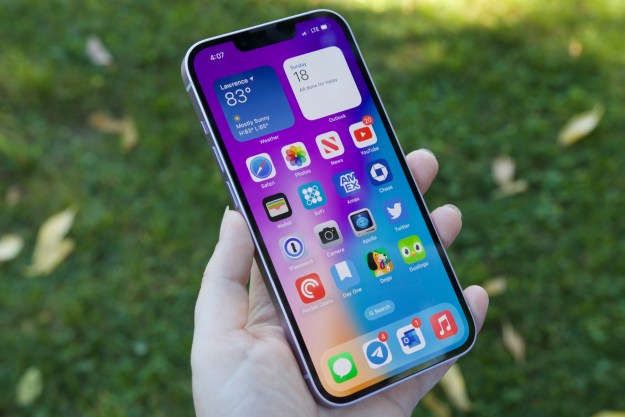United States District Court Judge Yvonne Gonzales Rogers delivered a notable setback to Apple’s in-app purchases Friday morning. In a blow to the tech giant, Apple cannot prohibit developers from including external purchase buttons in the App Store. In other words, Apple will be required to allow apps to offer external purchasing options on their store pages. According to the ruling, this change is scheduled to take effect December 9, 2021.
The ruling provides more context for the battle of Epic Games versus Apple. Because Gonzalez Rogers ruled in favor of another claim brought on by Apple against Epic Games, the gaming giant will be required to pay Apple $3.6 million. This ruling harks back to their lengthy Fortnite fight, in which Epic offered direct external purchasing options in exchange for in-game discounts.
“Today, the court has affirmed what we’ve known all along: The App Store is not in violation of antitrust law. As the court recognized, ‘success is not illegal,” said an Apple representative in a statement to The Verge. “We remain committed to ensuring the App Store is a safe and trusted marketplace that supports a thriving developer community and more than 2.1 million U.S. jobs, and where the rules apply equally to everyone.”
This latest ruling follows Apple previously agreeing to make changes to the App Store updates for U.S. developers, as well as a South Korean ruling where both Apple and Google were required to open up their app stores to alternate payment methods in the country.
Analysts are divided over the real outcome of the ruling, with some calling it a big loss for consumer protection, and others saying the ruling is largely in favor of Apple aside from the changes to the app store. Regardless, Epic has told NPR that it plans to appeal the decision, and Apple is “considering all legal options.”
Editors' Recommendations
- Everything you need to know about the massive Apple App Store outage
- Elon Musk says he will speak to Tim Cook about changing the ‘Apple tax’
- Apple cracks down on ChatGPT apps with harsh age ratings
- Guess how much Apple has paid App Store developers — you won’t even be close
- Apple may do the unthinkable — allow third-party iPhone app stores



